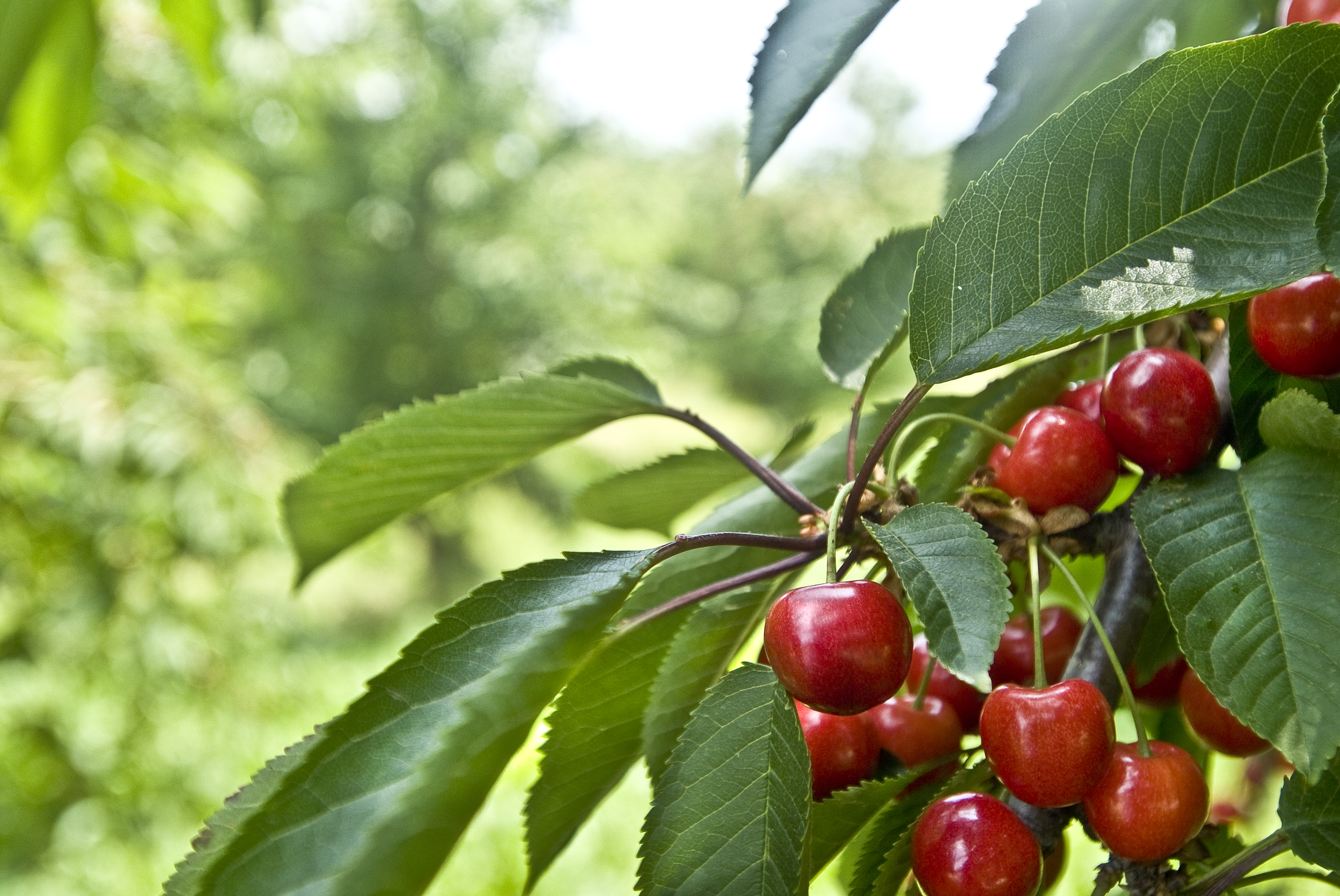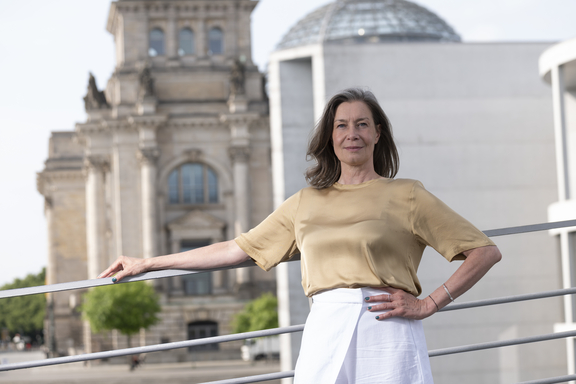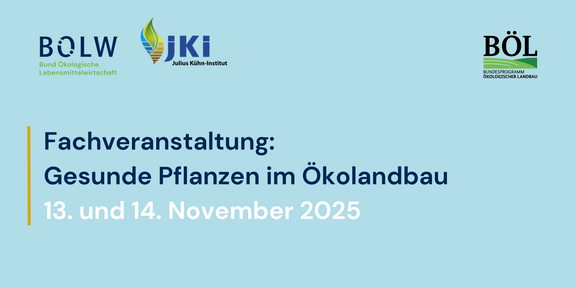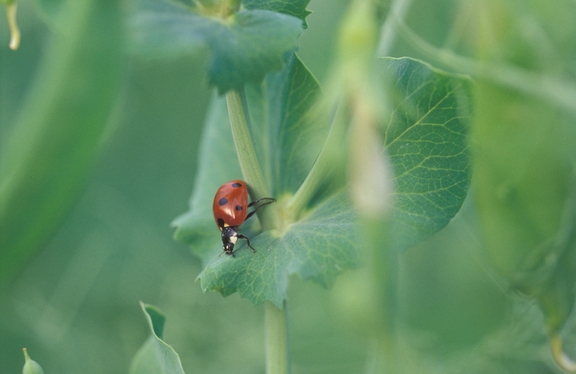*** english below ***
Mit vielfältigen Fruchtfolgen, der Stärkung funktionaler Biodiversität, dem gezielten Anbau widerstandsfähiger Sorten und dem Einsatz von Präparaten auf Naturstoff-Basis sorgen Bio-Landwirte, -Obstbauern, -Winzer und -Gärtner für gesunde Pflanzen ohne chemisch-synthetische Pflanzenschutzmittel.
Kupfer-basierte Pflanzenschutzmittel sind im Ökologischen und integrierten Anbau ein wichtiges Mittel gegen Pilzkrankheiten. Die Neuzulassung von Kupfer als Pflanzenschutzmittel war mit der Verpflichtung für die Mitgliedsstaaten verbunden, Maßnahmen zur Reduktion des Kupfereinsatzes einzuleiten. Um erfolgreiche Strategien zur Kupferminimierung aus Wissenschaft und Praxis aus verschiedenen europäischen Ländern und neue Ansätze für weitere Reduktionsmöglichkeiten zu diskutieren, veranstaltete am 15. und 16. November 2018 der BÖLW zusammen mit dem Julius Kühn-Institut die 3. Europäische Tagung zu Kupfer als Pflanzenschutzmittel in Berlin.
Die Veranstaltung richtete sich an Praktiker und Wissenschaftler aus Landwirtschaft, Obstbau, Weinbau, Kartoffel-, Gemüse- und Hopfenbau. Alle Vorträge wurden in Englisch gehalten.
Eine Dokumentation steht auf der Seite des JKI zur Verfügung.
| zum Programm | (PDF, 400 KB)
Dynamic growth in organic acreage in many European countries means new challenges for farmers concerning plant health. By combining clever crop rotation systems, enhancement of functional biodiversity, selection of robust varieties and the application of natural substances against pests and diseases, organic farmers and growers strive to keep their plants healthy without having to rely on synthetic pesticides.
While there are various ways and strategies to lower the risk of being affected by diseases like apple scab, mildew or potato blight, copper-based formulations are almost the only tool to combat actual infections. At the same time, copper can have negativ impacts on soil and water organisms, so organic farmers are looking for strategies to minimize copper use, supporting EU law requirements for EU member states to take action on copper minimization.
To discuss innovative ways to keep plants healthy in organic and integrated plant protection, and to identify research and farm management options to further reduce the use of copper, BÖLW, IFOAM EU-Group and Julius Kühn-Institut invited to the 3rd European Conference on Copper in Plant Protection at the 15th and 16th November 2018 in Berlin.
Farmers and growers, scientists, regulators, agricultural advisers and other people working with/on copper in a context of plant protection were welcome to share experience and ideas! All contributions were presented in English.
The JKI has the conference's presentations on its website.
| programme | (PDF, 400 KB)
Gefördert durch das Bundesministerium für Ernährung und Landwirtschaft aufgrund eines Beschlusses des Deutschen Bundestages im Rahmen des Bundesprogramms Ökologischer Landbau und andere Formen nachhaltiger Landwirtschaft.







